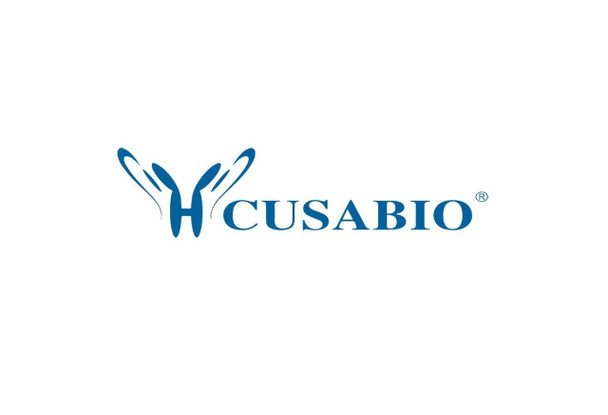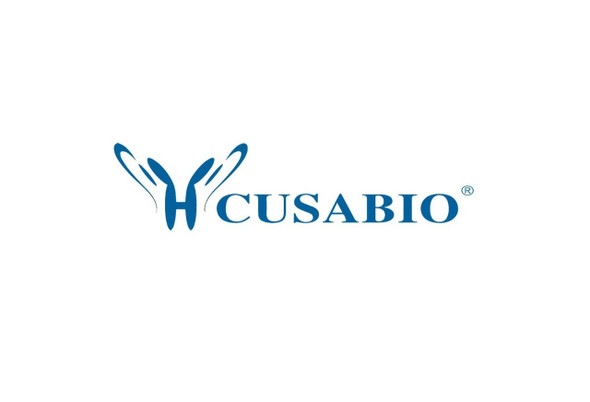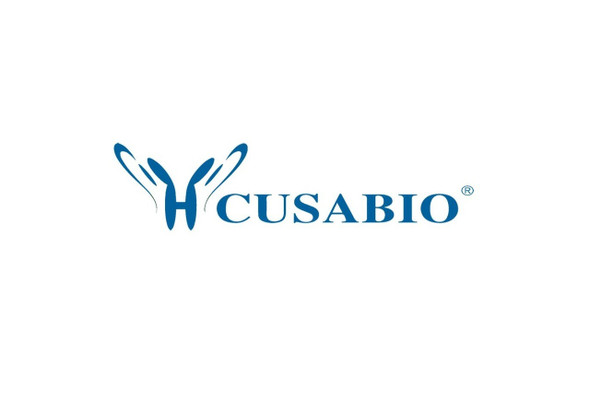Cusabio Recombinant Antibodies
CDK6 Antibody | CSB-RA555745A0HU
- SKU:
- CSB-RA555745A0HU
- Availability:
- 3 to 7 Working Days
Description
CDK6 Antibody | CSB-RA555745A0HU | Cusabio
CDK6 Antibody is Available at Gentaur Genprice with the fastest delivery.
Online Order Payment is possible or send quotation to info@gentaur.com.
Antibody Type: Recombinant
Target Names: CDK6
Aliases: Cyclin-dependent kinase 6 (EC 2.7.11.22) (Cell division protein kinase 6) (Serine/threonine-protein kinase PLSTIRE), CDK6, CDKN6
Background: Serine/threonine-protein kinase involved in the control of the cell cycle and differentiation; promotes G1/S transition. Phosphorylates pRB/RB1 and NPM1. Interacts with D-type G1 cyclins during interphase at G1 to form a pRB/RB1 kinase and controls the entrance into the cell cycle. Involved in initiation and maintenance of cell cycle exit during cell differentiation; prevents cell proliferation and regulates negatively cell differentiation, but is required for the proliferation of specific cell types (e.g. erythroid and hematopoietic cells). Essential for cell proliferation within the dentate gyrus of the hippocampus and the subventricular zone of the lateral ventricles. Required during thymocyte development. Promotes the production of newborn neurons, probably by modulating G1 length. Promotes, at least in astrocytes, changes in patterns of gene expression, changes in the actin cytoskeleton including loss of stress fibers, and enhanced motility during cell differentiation. Prevents myeloid differentiation by interfering with RUNX1 and reducing its transcription transactivation activity, but promotes proliferation of normal myeloid progenitors. Delays senescence. Promotes the proliferation of beta-cells in pancreatic islets of Langerhans. May play a role in the centrosome organization during the cell cycle phases (PubMed:23918663).
Isotype: Rabbit IgG
Conjugate: Non-conjugated
Clonality: Monoclonal
Clone Number: 8G3
Uniport ID: Q00534
Modified: Epigenetics and Nuclear Signaling; Cancer; Cell biology
species: Homo sapiens (Human)
Species Reactivity: Human
Immunogen: A synthesized peptide derived from human CDK6
Tested Applications: ELISA, WB, IP; Recommended dilution: WB:1:500-1:5000, IP:1:200-1:1000
Purification Method: Affinity-chromatography
Buffer: Rabbit IgG in phosphate buffered saline, pH 7.4, 150mM NaCl, 0.02% sodium azide and 50% glycerol.
Form: Liquid
Storage: Upon receipt, store at -20°C or -80°C. Avoid repeated freeze.











